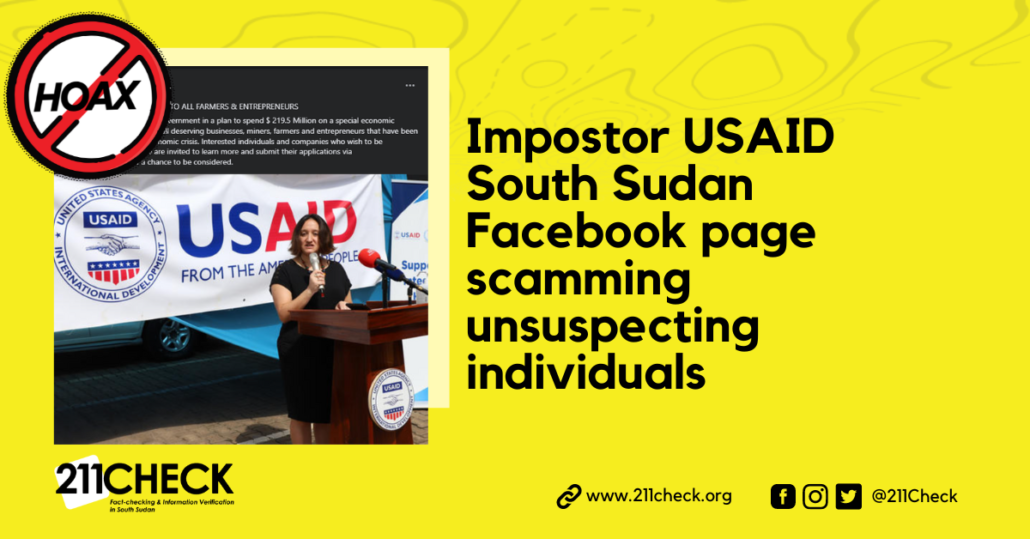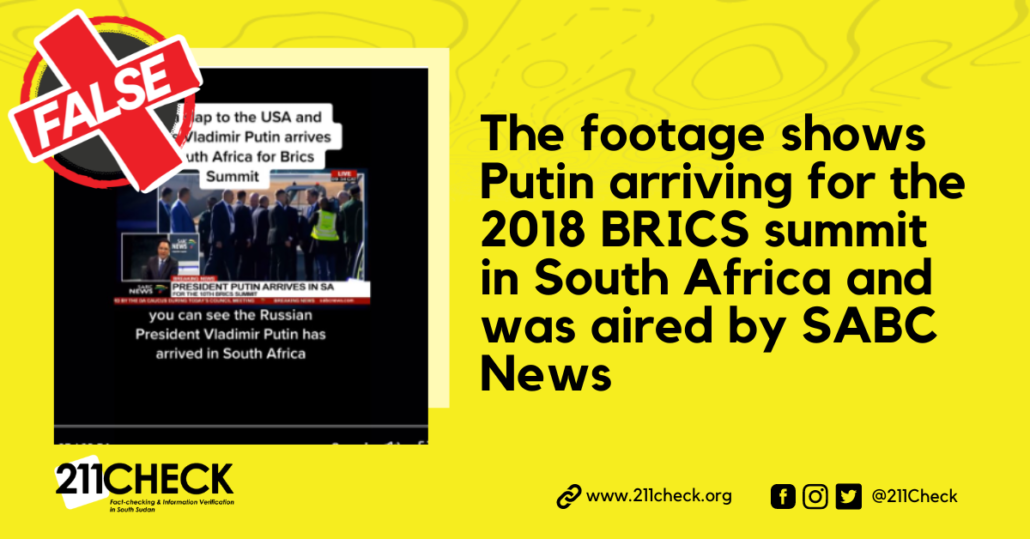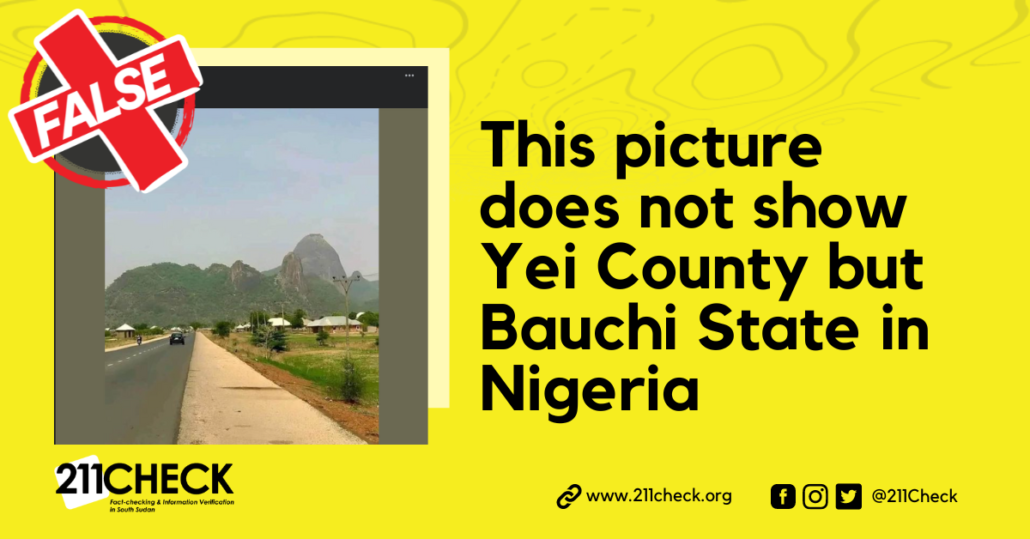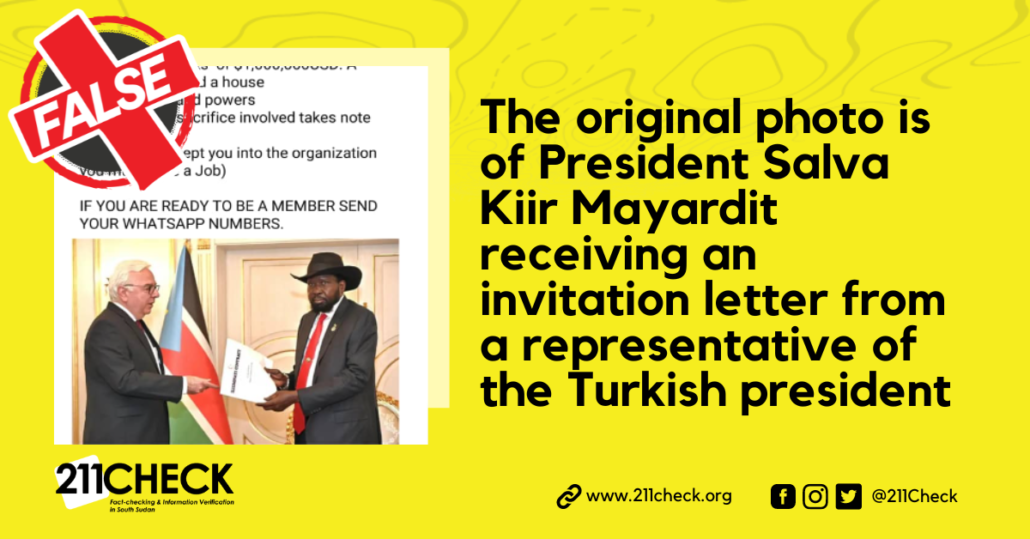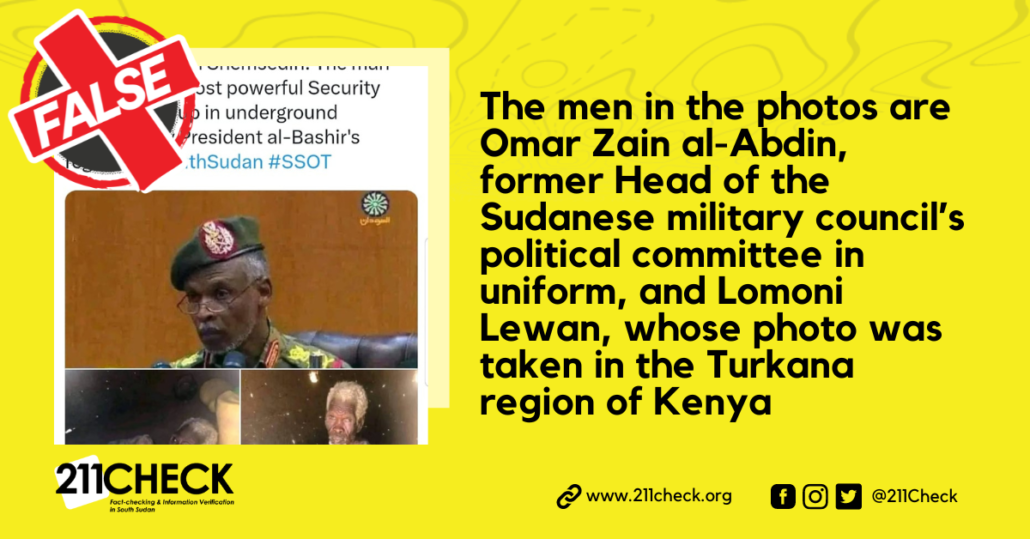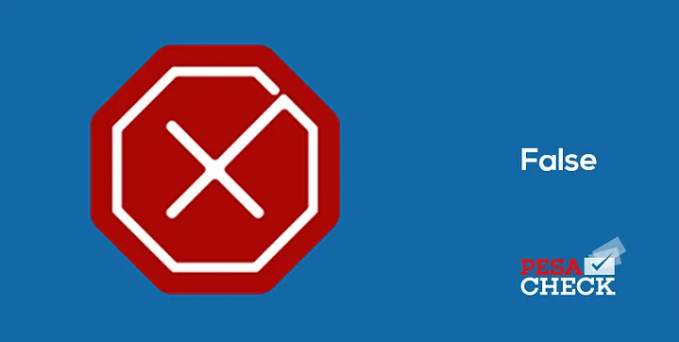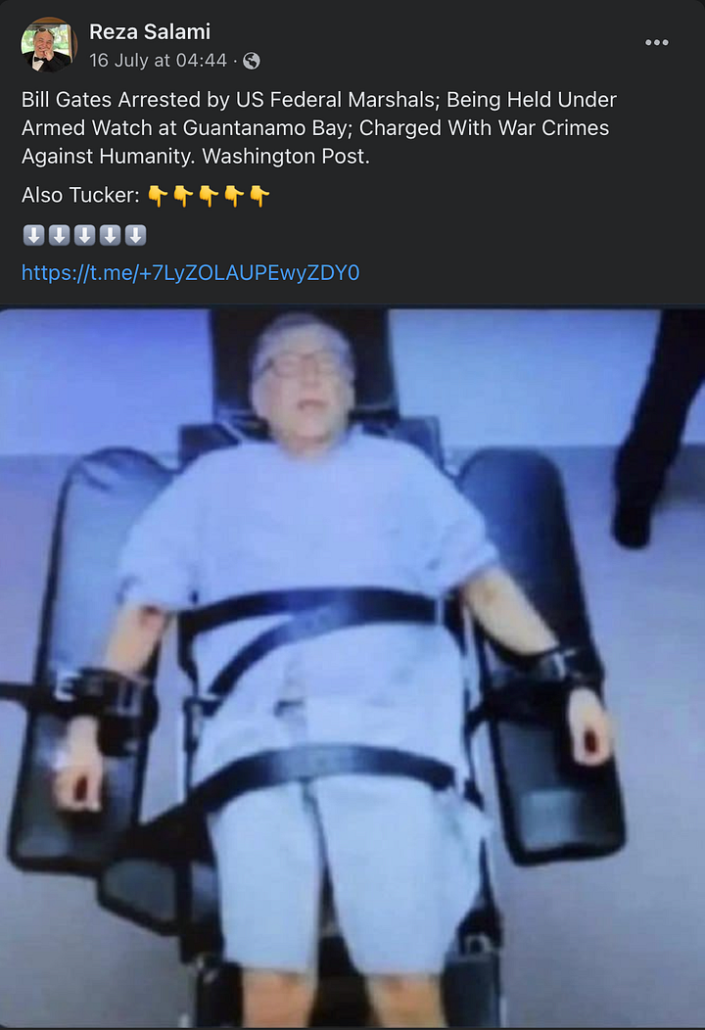Fact check: Impostor USAID South Sudan Facebook page scamming individuals
A Facebook page impersonating USAID South Sudan falsely claims to partner with the South Sudan government for economic support, but the page is a recent creation and a hoax aimed at soliciting applications from unsuspecting users.
Writer: Nancy Ceasar
A Facebook page impersonating USAID South Sudan claims it has partnered with the South Sudan government to support deserving businesses and individuals, but this is a hoax.
The page, which had 18 likes and 104 followers when writing this publication, was created on August 21, 2023, and uses the same cover photo of a lady in a vegetable garden as the original USAID South Sudan Facebook page.
The imposter page has been running this advertisement claiming to offer opportunities to South Sudanese organisations and showing previous opportunities and beneficiaries of the activities they claim to have done.
“We have partnered with the Government in a plan to spend $ 219.5 Million on a special economic stimulus program to support all deserving businesses, miners, farmers and entrepreneurs that the current global economic crisis has hit,” the post reads in part.
This Google Form Application is then attached to the post.
A screenshot of the sponsored Facebook post
A screenshot of the impostor’s page cover
A screenshot of the page transparency section shows when it was created.
Investigation:
On making comparisons, 211 Check realised significant differences between the two pages. USAID South Sudan, the original page was created on July 8, 2011, and is verified with a blue tick. Contrary to the fake page, the page also describes itself as a government organisation with 31,000 followers.
We discovered that the USAID South Sudan Facebook page is verified with a blue tick. it was created on July 8, 2011, and the page has 31k followers and 54 followers.
Screenshot of the legitimate USAID South Sudan Facebook page
USAID South Sudan shares legitimate opportunities on its social media accounts and website.
Conclusion:
211 Check, after a thorough look, concludes that the claim on an impostor Facebook page of USAID South Sudan that it is offering support to businesses and individuals is a hoax. The page running a sponsored post was recently created to solicit applications from unsuspecting Facebook users.
To ensure accuracy and transparency, we at 211 Check welcome corrections from our readers. If you spot an error in this article, please request a correction using this form. Our team will review your request and make the necessary corrections immediately, if any.
It’s vital to fight misinformation and disinformation in the media by avoiding fake news. Don’t share content you’re uncertain about. False information can harm and mislead people, risking their lives—Fact-check before sharing. For more details, visit https://211check.org/ or message us on WhatsApp at +211 917 298 255. #FactsMatter.

